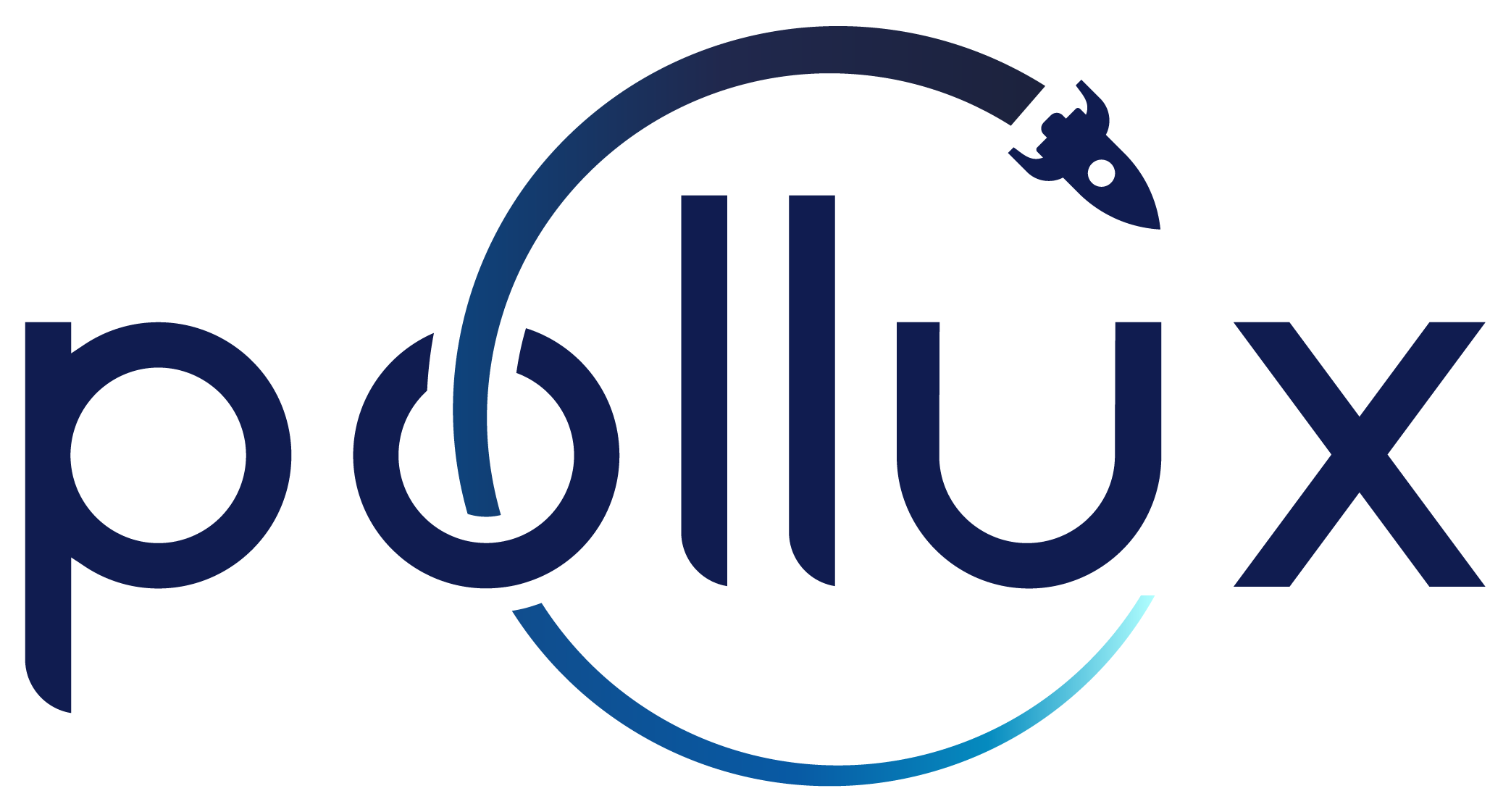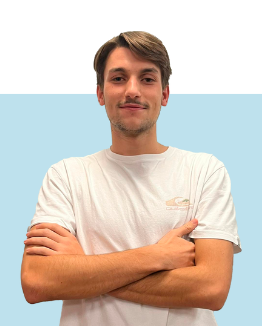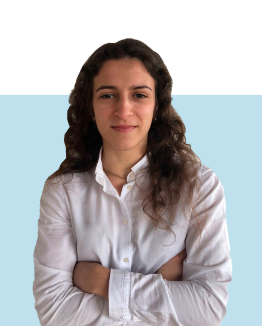ANTAEUS
(Astrophysical Nanosatellite for Technological Advancement
and high-Energy Universe Studies)
Pollux, in the ANTAEUS project led by the i-Astro group of the Particle Instrumentation Laboratory (LIP), is integrating the team that is developing the payload of the satellite. Rodrigo Caseiro, Ivo Silva and Ana Rita Moura are responsible for the creation of the instrument that will carry out the measurements to be described, so that the intended objectives can be achieved. Sofia Henriques, legal manager of Pollux is also allocated to this team.
ANTAEUS aims to measure the photon energy received from the satellite in a low earth orbit (LEO) and to identify single, double and multiple events recorded by the sensor. The satellite, named Astrophysical Nanosatellite for Technological Advancement and high-Energy Universe Studies (ANTAEUS), should be assembled with all subsystems working by the end of 2025. The project follows the standards of the European Space Cooperation Standardization (ECSS).
The application of Compton reconstruction to the radiation data measured by the sensor aims to distinguish between the background signal and the celestial signal and identify the photon polarisation of non background events. Involving Portuguese space industry companies in Assembly, Integration and Tests (AIT) in the operation are other goals of the project. The ANTAEUS project addresses High Energy Astrophysics and has as its object of study the most energetic celestial bodies and violent explosions in the universe, such as supernovae and the fusion of neutron stars. ANTAEUS will not only make spectroscopic measurements, but also linear photon measurements as well as polarisation measurements of the strongest gamma-ray emitters in the universe.
The execution of these observations is relevant given that two simultaneous measurements were made by a gravitational wave (GW) by LIGO and Virgo and a GRB by space telescopes in 2017, both emitted by a neutron star merger. This has led to a new era called multi-messenger astrophysics. Gamma-ray polarimetry can contribute to a broader understanding of these events by providing two additional observables – the polarisation angle and degree – to existing models when observing photon polarisation. Doing so requires new instrumentation, as current gamma-ray telescopes are not purpose-built for this purpose.
ANTAEUS aims to measure the photon energy received from the satellite in a low earth orbit (LEO) and to identify single, double and multiple events recorded by the sensor. The satellite, named Astrophysical Nanosatellite for Technological Advancement and high-Energy Universe Studies (ANTAEUS), should be assembled with all subsystems working by the end of 2025. The project follows the standards of the European Space Cooperation Standardization (ECSS).
The application of Compton reconstruction to the radiation data measured by the sensor aims to distinguish between the background signal and the celestial signal and identify the photon polarisation of non background events. Involving Portuguese space industry companies in Assembly, Integration and Tests (AIT) in the operation are other goals of the project. The ANTAEUS project addresses High Energy Astrophysics and has as its object of study the most energetic celestial bodies and violent explosions in the universe, such as supernovae and the fusion of neutron stars. ANTAEUS will not only make spectroscopic measurements, but also linear photon measurements as well as polarisation measurements of the strongest gamma-ray emitters in the universe.
The execution of these observations is relevant given that two simultaneous measurements were made by a gravitational wave (GW) by LIGO and Virgo and a GRB by space telescopes in 2017, both emitted by a neutron star merger. This has led to a new era called multi-messenger astrophysics. Gamma-ray polarimetry can contribute to a broader understanding of these events by providing two additional observables – the polarisation angle and degree – to existing models when observing photon polarisation. Doing so requires new instrumentation, as current gamma-ray telescopes are not purpose-built for this purpose.
PALT
The PALT is Pollux’s first project for an external client, in this case EFACEC. The PALT is a planetary altimeter, an instrument using LiDAR technology capable of measuring distances between stars with high precision. This project is integrated in the HERA mission, which aims to study the impact of the DART probe, sent by NASA, in the Didymos asteroid systems.
PALT is an abbreviation for planetary altimeter.
The project follows the ECSS standards and, in this sense, is regulated by several reviews throughout its development: for each phase there will be a TRR (Test Readiness Review) that explains to the client how the tests will be done and why; and a TRB (Test Review Board) that presents the results of the tests.
Pollux’s job in this project is to develop a mechanical device that allows a flexible connection between the PALT systems. The PALT is a project that covers a specific technical domain, in this case mechanics, being the engineering team composed by mechanical engineers. Until the TRR phase the division of teams was relevant. However at the current stage the project as of 7th July 2023 all members are performing the same function.
The work was distributed by two sub-teams: the research team, led by Marta Raposo and with João Gomes as a member; and the experimental team, led by Daniel Silva, and consisting of Alexandre Amaral, Rafael Pereira and Pedro Félix. The research team is responsible for conducting the theoretical analysis, essential for understanding the viability of the models. The experimental team tests the analysis carried out to verify whether the theoretical assumption is confirmed or not. The coordination team, which is led by project manager Miguel Neves together with Ivo Silva, systems engineer, who guides the project development team, has the function of guaranteeing the success and efficient management of the project.
PALT is an abbreviation for planetary altimeter.
The project follows the ECSS standards and, in this sense, is regulated by several reviews throughout its development: for each phase there will be a TRR (Test Readiness Review) that explains to the client how the tests will be done and why; and a TRB (Test Review Board) that presents the results of the tests.
Pollux’s job in this project is to develop a mechanical device that allows a flexible connection between the PALT systems. The PALT is a project that covers a specific technical domain, in this case mechanics, being the engineering team composed by mechanical engineers. Until the TRR phase the division of teams was relevant. However at the current stage the project as of 7th July 2023 all members are performing the same function.
The work was distributed by two sub-teams: the research team, led by Marta Raposo and with João Gomes as a member; and the experimental team, led by Daniel Silva, and consisting of Alexandre Amaral, Rafael Pereira and Pedro Félix. The research team is responsible for conducting the theoretical analysis, essential for understanding the viability of the models. The experimental team tests the analysis carried out to verify whether the theoretical assumption is confirmed or not. The coordination team, which is led by project manager Miguel Neves together with Ivo Silva, systems engineer, who guides the project development team, has the function of guaranteeing the success and efficient management of the project.








